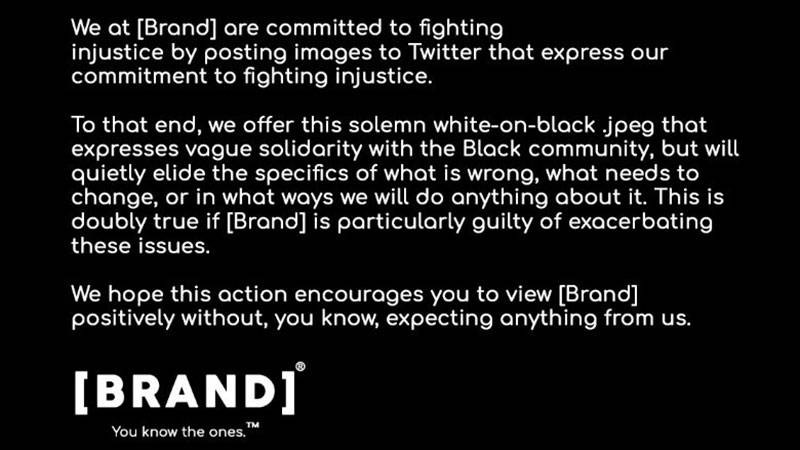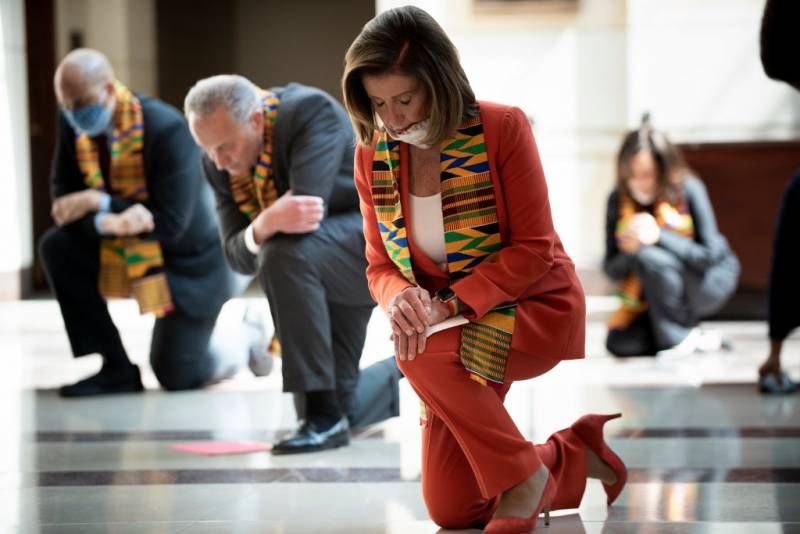I’m enjoying the show. The marches. The statements of solidarity. The toppling of statues. And the alterations to legislation. But it’s kind of hard to differentiate real change from performance art.

Even seemingly altruistic efforts come off as oversimplified and off the mark, and dilute the message. Last week, when Elmo (of Sesame Street) appeared on CNN alongside his father, Louie, to help children understand why people are protesting, his father said it was to “end racism.”
I know that’s not real, because one: it’s a puppet talking. And two: you can’t get rid of an idea. You can work to remove it from American institutions and strive to hold racist individuals accountable, which I’m pretty sure is the goal of activists and organizers right now. But we’re never going to end racism.
I don’t mean to split hairs about word choice, but it’s best to be clear when describing why people are protesting during this pivotal moment in our country’s history. That way, we don’t get sidetracked by the performative nature of some of the protests, social media posts and messages of solidarity that threaten to overshadow that goal.
And although there are a few bright lights that have come out of this dark time, causing many to be hopeful about coming change, I think the majority of what we’re seeing in this moment is a sideshow. We’ll go back to our regularly scheduled program soon enough.

Last week, Ezra Klein and Ta-Nehisi Coates held a discussion on where this moment falls in the long scope of American history, and what might come of it. Coates noted that current events make him believe concrete change is here, because it’s not a reenactment of the uprisings of the late 1960s—when Black people took to the streets to combat police brutality in black neighborhoods across America. He’s right in one sense: this movement has reached the suburbs, and white folks are showing “solidarity.”
Last week, people led protests in the East Bay towns of Walnut Creek (pop. 70,000, less than 2% African American) and Livermore (pop. 90,000, also less than 2% African American). And a friend sent me an image of a Black Lives Matter poster on the ground in front of the gates of the extremely affluent East Bay community of Blackhawk. Mind-blowing. I went to high school out that way, and the only things black are the power lines overhead and the smooth, uncracked asphalt in the streets.
I wonder how much time it’ll take for Walnut Creek and Livermore to go back to business as usual? I wonder how long that sign stayed up before it was removed? Long enough for someone to pose in front of it for the ’gram?


